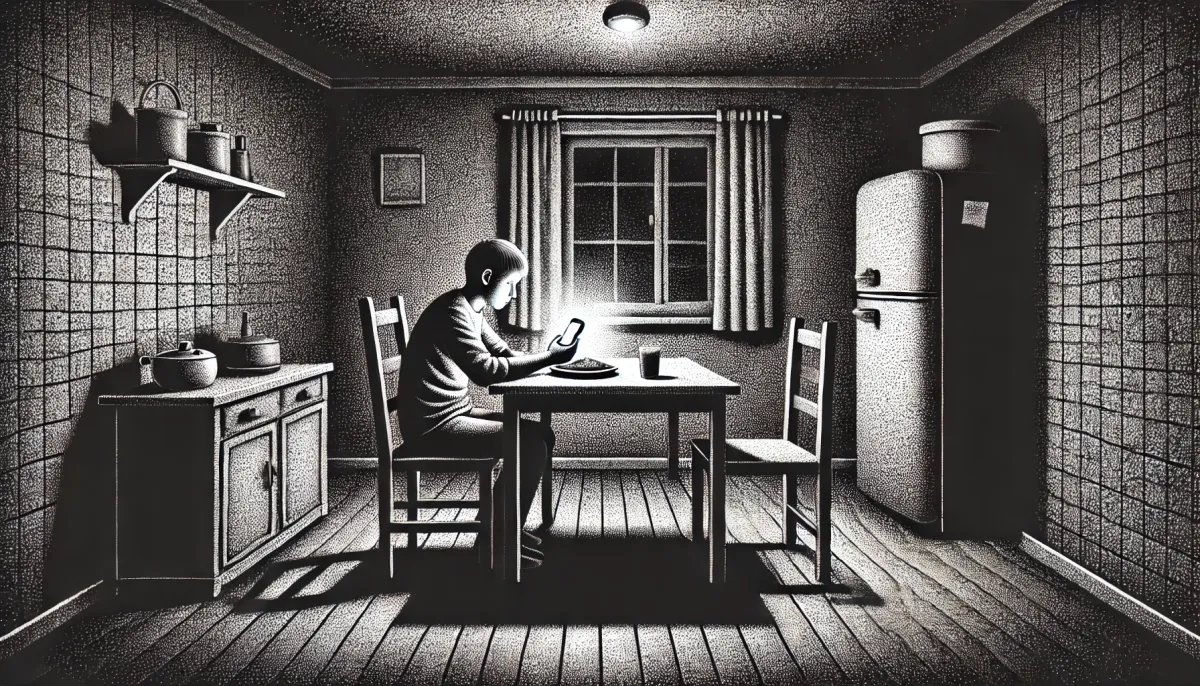Why Young Americans Are the Unhappiest They've Ever Been – And What That Says About the U.S.

On March 20, 2025, the World Happiness Report dropped its most striking edition yet—and the United States just hit a new low.
Ranked 24th out of 147 countries, the U.S. now sits at its lowest happiness ranking in history, driven largely by a steep decline in well-being among one specific group: young people under 30.
This generational happiness gap is more than a statistic—it’s a mirror reflecting how differently Americans experience life depending on age, social ties, and perception of their country’s promise.
🚨 Key Takeaway: America's Happiness Crisis Is Generational
Let’s start with the headline insight: younger Americans are significantly less happy than older generations, and that unhappiness is pulling the U.S. down the global rankings. While older adults are holding steady—ranking the U.S. 10th in happiness for people 60 and older in last year’s report—young adults are in free fall.
According to 2024 data cited in the 2025 report, the U.S. ranked 62nd for people under 30. That’s not just a dip—that’s a seismic collapse compared to its overall rank.
🤝 "Caring and Sharing": The Real Drivers of Happiness
This year’s theme—"Caring and Sharing"—puts the spotlight on social connection and benevolence as key happiness drivers, eclipsing even wealth and health in many cases.
So what’s going wrong for young people?
- 25% of Americans reported eating all their meals alone in 2023, a 53% increase since 2003. Young people are disproportionately affected.
- 19% of young adults globally reported having no one to rely on for support in 2023—a 39% increase since 2006.
- Despite higher “deaths of despair” (suicide, addiction) among adults 60+, older Americans still report greater life satisfaction, suggesting social ties may be buffering them against broader societal stressors.
🔍 The U.S. Through Generational Lenses
The World Happiness Report doesn’t explicitly ask people how they feel about the United States. But it doesn’t need to.
Happiness is a proxy for perception—a lived barometer of how people view their country, their future, and their place within it.
Young People: Disconnected and Disillusioned
With worsening social isolation, rising economic uncertainty, and fragile support systems, young Americans are more likely to perceive the U.S. as failing them. They are less likely to see opportunity, trust institutions, or feel the kind of communal care that boosts happiness.
This is more than vibes—it’s data-driven despair.
Older Adults: Resilient, Connected, and (Relatively) Content
In contrast, older generations—especially those 60 and above—report higher happiness levels and stronger perceptions of the U.S. as a good place to live. Life experience, financial stability, and deeply-rooted relationships likely insulate them from the day-to-day turbulence younger folks feel more acutely.
Even among older adults, the report notes that deaths of despair remain a critical issue. But here’s the paradox: despite these dangers, older Americans still rank their life satisfaction higher than the youngest among us.
📊 Side-by-Side: U.S. Happiness by Age Group
| Report Chapter | Focus Group | Key Finding | Impact on U.S. |
|---|---|---|---|
| Chapter 3 | All ages | Dining alone increased 53% since 2003; 25% ate every meal alone in 2023 | Major hit to young adults' social connection |
| Chapter 5 | Young adults | 19% had no social support in 2023 (up 39% since 2006) | Social disconnection is undermining happiness |
| Chapter 6 | 15–29 vs. 60+ | Deaths of despair more than double for 60+ vs. 15–29; 75% are suicides | Despite this, older adults still report higher well-being |
🧠 Strategic Insight: Social Architecture > Economic Growth?
The data tells us something urgent: policy and culture must prioritize connection, trust, and community-building—especially among youth.
If you’re building products, movements, cities, or platforms: focus on reducing isolation, increasing face-to-face contact, and amplifying community care.
This isn't just feel-good idealism. It's a data-backed roadmap to restoring national morale.
🚪Final Thought: Can the U.S. Rebuild Happiness for the Next Generation?
The 2025 World Happiness Report doesn’t just diagnose America’s emotional divide—it asks us to imagine a different future. One where eating together, helping each other, and rebuilding trust aren’t side notes but centerpieces.
So here’s the open question: If social connection is the new GDP, what’s your role in rebuilding it?




Comments ()